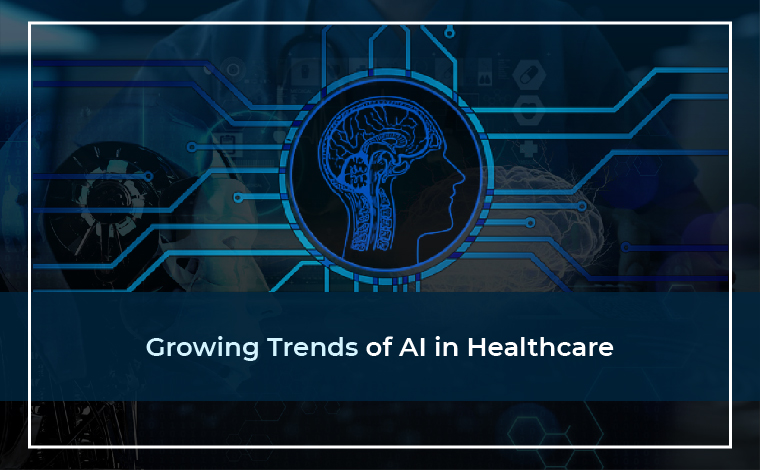


Artificial Intelligence has been a hot topic in the healthcare sector for several years. The pandemic’s onset in 2020 has indeed shifted perspectives and accelerated changes in this arena.
While industries across the board have been embracing AI and automation for quite some time, healthcare has struggled to keep up. The COVID-19 crisis has spurred an increased demand for AI solutions, showcasing their advantages and proving that they are not just futuristic concepts.
Digital transformation has significantly reshaped the healthcare landscape, making high-quality and affordable care more accessible to patients. Several developed nations are increasingly adopting AI-enabled technologies in their hospital management systems, leading to considerable advancements in transforming outdated models. This shift marks a move from a physician-centric approach to a patient-centric healthcare framework.
Over the past few decades, AI has established a strong foothold in various sectors. One of the most critical areas of impact has been in medical diagnosis and treatment management.
Although there’s a prevailing concern about AI potentially outpacing human abilities, extensive research highlights how AI can support clinical decision-making, enhance human-oriented tasks, boost efficiency, and aid human judgment. The tangible benefits of AI in clinical care are significant enough to overshadow these worries.
With such extensive data compilation, clinicians can access a vast array of resources, enhancing their treatment capabilities. Simbo, a significant advancement in the healthcare sector, understands essential healthcare requirements through its human-like intelligence. Other virtual assistants are also proving effective in assisting doctors with daily clinical operations, improving patient care quality.
Simbo offers effective solutions for hospital environments, providing proven strategies for automation deployment while helping hospitals achieve positive ROI more efficiently.
From drug research to revenue cycles, hospital management systems are becoming increasingly aware of AI’s potential. With voice assistants and intelligent robots supporting healthcare professionals, AI’s role in medicine is evolving and making a tangible impact. With Simbo, the future of healthcare is unfolding right now!